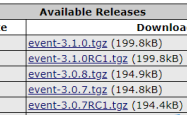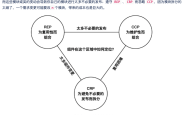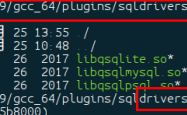PHP的new static和new self的区别与使用
吾爱主题
阅读:157
2021-09-18 16:32:00
评论:0
下面我们举个栗子:
?| 1 2 3 4 5 6 7 8 9 10 11 12 13 14 15 16 | class Father { public static function getSelf() { return new self(); } public static function getStatic() { return new static (); } } class Son extends Father {} echo get_class(Son::getSelf()); // Father echo get_class(Son::getStatic()); // Son echo get_class(Father::getSelf()); // Father echo get_class(Father::getStatic()); // Father |
new self
这里面注意这一行 get_class(Son::getStatic()); 返回的是 Son 这个 class, 可以总结如下:
self 返回的是 new self 中关键字 new 所在的类中,比如这里例子的 :
| 1 2 3 | public static function getSelf() { return new self(); // new 关键字在 Father 这里 } |
始终返回 Father。
new static
static 则上面的基础上,更聪明一点点:static 会返回执行 new static() 的类,比如 Son 执行 get_class(Son::getStatic()) 返回的是 Son, Father 执行 get_class(Father::getStatic()) 返回的是 Father
而在没有继承的情况下,可以认为 new self 和 new static 是返回相同的结果。
以上就是本文的全部内容,希望对大家的学习有所帮助,也希望大家多多支持服务器之家。
原文链接:https://learnku.com/articles/31929
声明
1.本站遵循行业规范,任何转载的稿件都会明确标注作者和来源;2.本站的原创文章,请转载时务必注明文章作者和来源,不尊重原创的行为我们将追究责任;3.作者投稿可能会经我们编辑修改或补充。










